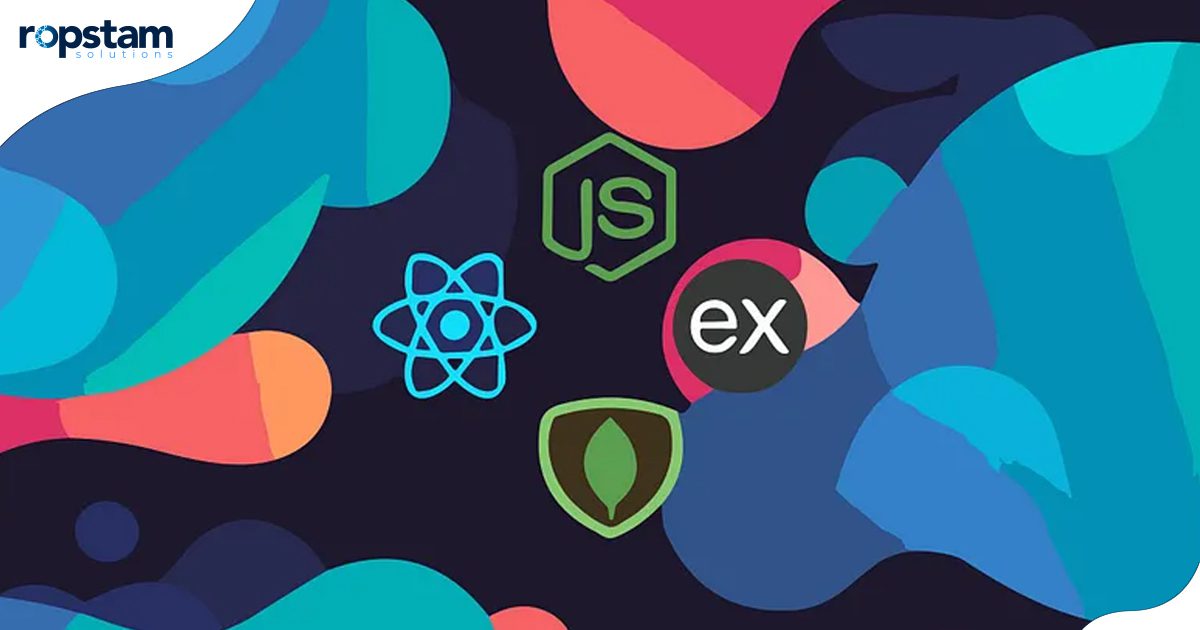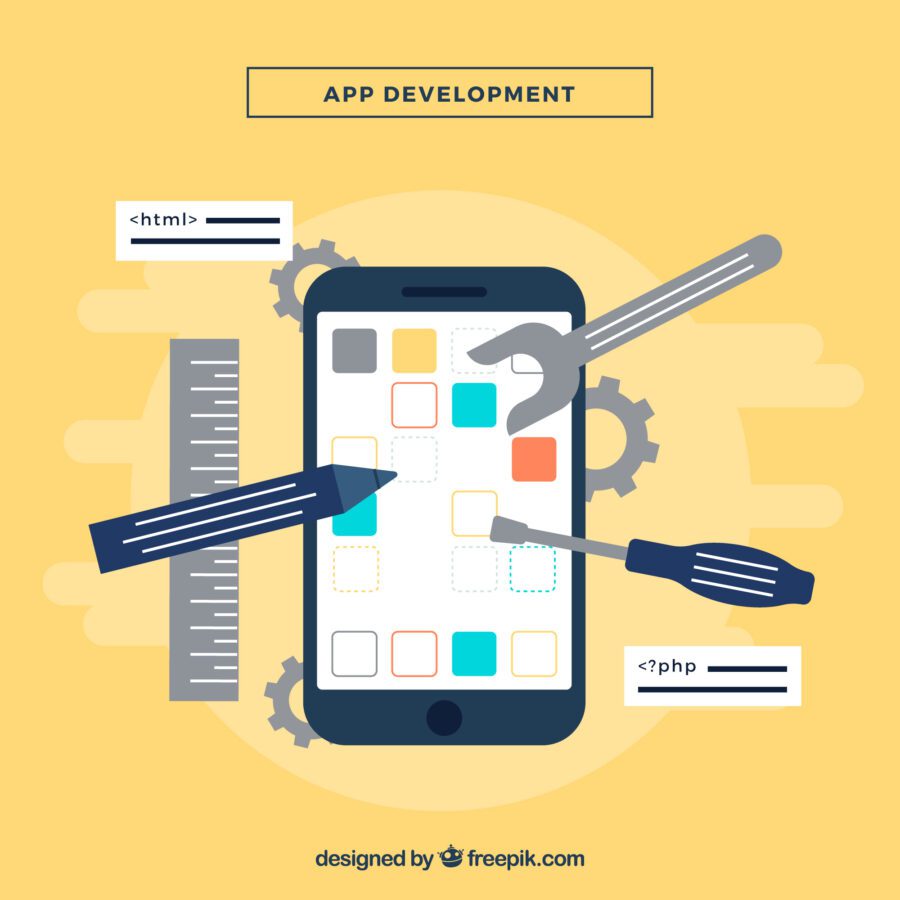The digital revolution has made web development a vital focal point for businesses looking to upgrade their online presence and simplify operations. MERN stack development, confining MongoDB, Express.js, React, and Node.js, has become a strategic advantage for companies. It offers a complete solution for building strong and dynamic web applications. Hiring MERN stack developers can be a game-changer for companies utilizing this technology for business needs. However, identifying and securing top talent requires an intricate, multi-step process that demands careful planning and evaluation.
Understanding the MERN Stack
Before beginning the hiring process, you must familiarize yourself with the technologies used in MERN development.
- MongoDB: A NoSQL database with a JSON-like structure for flexible data storage.
- Express.js: A minimal and flexible Node.js web application framework for building APIs and web applications.
- React.js: A front-end JavaScript library for building user interfaces, focusing on performance and reusability.
- Node.js: A back-end JavaScript runtime that allows server-side scripting, allowing developers to use JavaScript for both client and server sides.
This combination provides a full-stack solution where every component is written in JavaScript, making the development process smoother and faster. MERN stack developers must be proficient in all these technologies to build seamless web applications.
Benefits of hiring MERN Stack Developers
Full-Stack Proficiency
Developers proficient in the MERN stack are skilled in both front-end and back-end development and capable of overseeing the entire development process. They can create interactive user interfaces using React and handle server-side logic with Node.js. Their comprehensive expertise improves project efficiency and reduces the necessity of hiring separate developers for each stack layer.
Cost-Effective Solutions
As MERN developers handle the entire technology stack, companies can save money by employing a single developer or team to oversee the application development process. This step eliminates the need for multiple specialists, reducing project expenses while maintaining the same level of quality. This cost-effectiveness demonstrates the resourcefulness of MERN stack developers.
Scalability
Applications developed using the MERN stack are renowned for their scalability. MongoDB, a NoSQL database, allows storing and retrieving large amounts of unstructured data, while Node.js efficiently handles concurrent connections. MERN developers can create and deploy systems that scale with business growth, ensuring high performance even during increased user demand.
Rapid Development
MERN stack developers use reusable components in React, asynchronous programming with Node.js, and seamless data management with MongoDB. RD allows rapid application development, especially for startups and businesses needing a Minimum Viable Product (MVP) or quick market launches.
Community Support
Vibrant developer communities power the MERN stack. When you hire MERN developers, you gain access to quick, collaborative problem-solving, ready-made solutions, and the latest best practices.
As we understand the advantages of hiring MERN stack developers, let’s explore how to find and hire suitable candidates effectively.
How to hire MERN Stack Developers
Hiring MERN stack developers can be overwhelming, especially if you are unfamiliar with the technology. To simplify this process, you can follow these steps:
Start with a clear job description
The initial step in hiring a MERN stack developer is to create a well-defined job description. A job post should clearly outline the necessary technical skills, experience level, and job responsibilities. Here is an example of what your job description might include:
- Proficiency in MongoDB, Express.js, React, and Node.js.
- Ability to design RESTful APIs and manage database systems.
- Experience with front-end technologies such as HTML, CSS, and JavaScript.
- Understanding of version control systems like Git.
- Experience in cloud services like AWS or Azure is a plus.
It’s essential to be specific about the level of expertise you seek to filter out unqualified candidates and attract qualified ones effectively. This step helps guarantee that you find suitable candidates for the position.
Utilize Online Platforms
Online platforms are a great place to start when looking for skilled MERN stack developers. Websites like LinkedIn, Stack Overflow, and GitHub provide opportunities to connect with developers, view their portfolios, and assess their technical expertise. Job platforms like Indeed, Glassdoor, and Upwork also enable you to post job listings and evaluate applicants based on their profiles, reviews, and past projects.
Consider joining MERN-specific groups or forums where developers discuss and share their work. This will give you access to a pool of genuinely passionate developers about the MERN stack.
Evaluate Technical Skills
Once you have narrowed down your list of candidates, it’s crucial to evaluate their technical skills thoroughly. You should conduct coding tests or live assessments to assess their proficiency in the MERN stack. Consider creating real-world scenarios to gauge their problem-solving abilities, such as building a small web application or solving specific coding challenges. During interviews, consider asking questions about:
- React component lifecycle and state management.
- MongoDB schema design and optimization.
- Asynchronous programming in Node.js.
- Best practices for building scalable and secure applications.
You can also request code samples or review their GitHub repositories to evaluate the quality and style of their work.
Advertise your Company’s Culture
Recruiting top talent isn’t just about assessing skills; it’s also about creating an appealing work environment. Skilled MERN developers, like all talented professionals, are more likely to be interested in companies that provide a positive work atmosphere, opportunities for career advancement, and engaging projects.
Use the hiring process as an opportunity to showcase your company culture. Highlight aspects like:
- Your commitment to innovation and technology.
- Flexibility in work schedules (remote work options, flexible hours).
- Support for continued learning (access to workshops, online courses, etc.).
- Inclusive and collaborative work culture.
- A company with a strong culture will attract developers who align with its values, increasing the chances of a long-term, productive hire.
Shortlist Qualified Candidates
After carefully assessing the candidates’ technical skills and familiarizing them with your company’s culture, the next step is to narrow down the list to the top candidates. Give priority to individuals who have demonstrated impressive technical competencies and align strongly with your company’s values and work atmosphere.
In addition to technical prowess, evaluating the candidate’s soft skills, such as communication, teamwork, and adaptability, is essential. Pay attention to how effectively they can articulate their coding decisions, their ability to collaborate with others, and their eagerness to embrace new challenges.
Make the Final Decision
The final decision should be based on technical prowess, cultural fit, and growth potential. Communicate the expectations clearly and offer a competitive package that reflects the candidate’s skills and market demand.
At this stage, it’s also important to finalize the terms of employment, including:
- Compensation (salary, benefits, stock options).
- Work arrangements (remote, hybrid, or in-office).
- Expected start date and onboarding process.
Be prepared to negotiate, as highly skilled MERN developers may have multiple offers.
Conclusion
Hiring a MERN stack developer is a strategic move for businesses looking to build dynamic, scalable, and efficient web applications. Their full-stack expertise, cost-effectiveness, and ability to rapidly deliver solutions make them an invaluable asset for any company. However, the hiring process requires careful planning—from drafting a clear job description to evaluating candidates’ technical skills and aligning them with your company culture.














